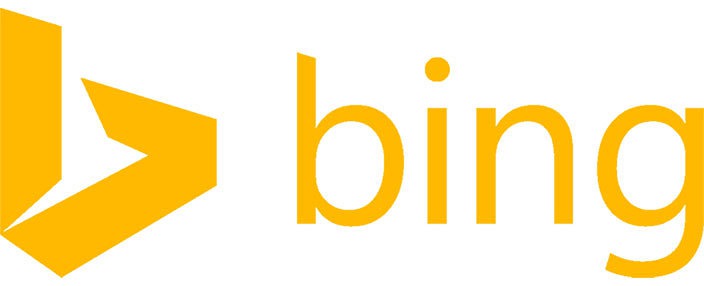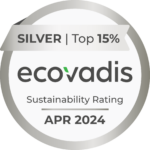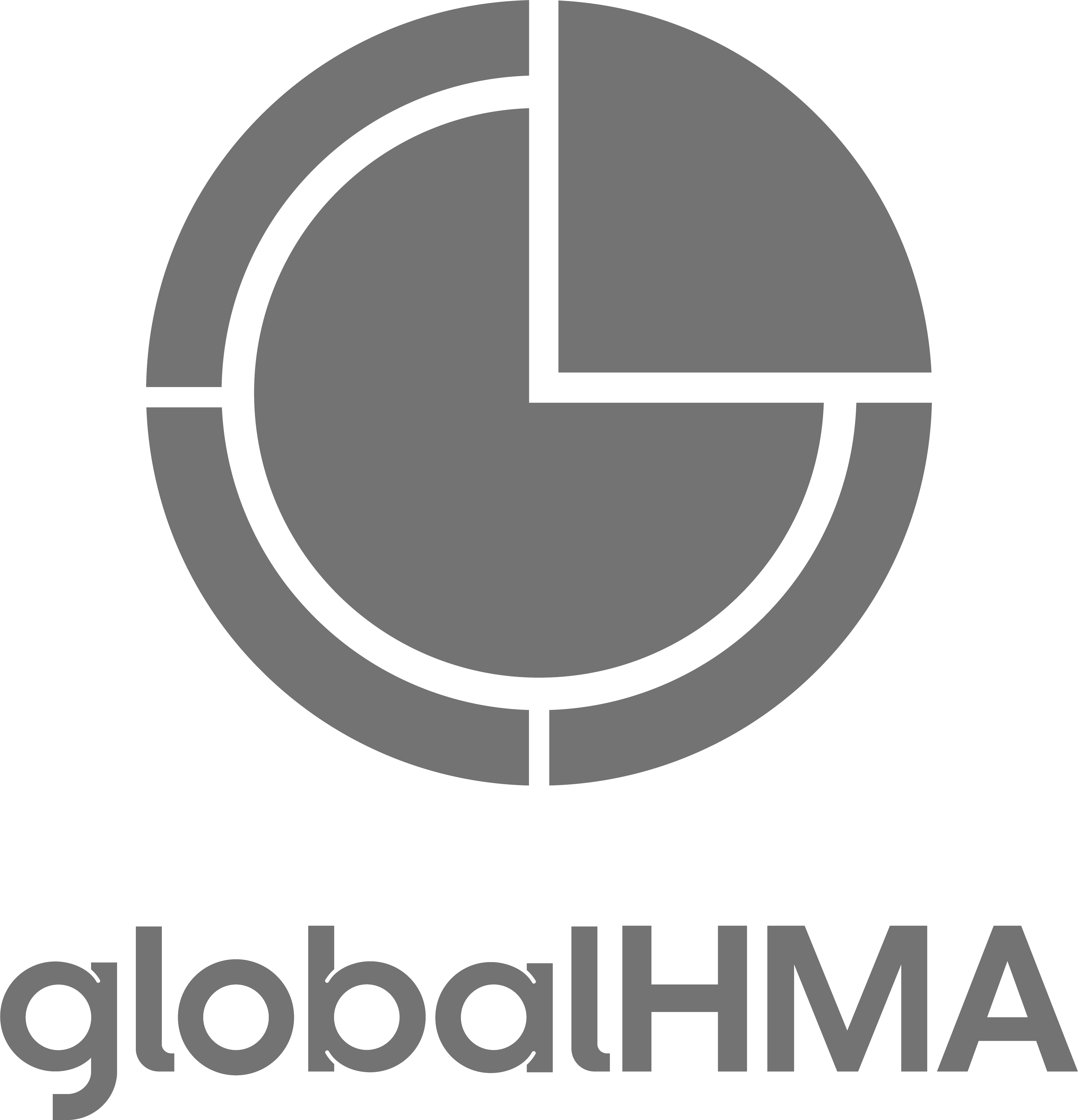With Google reaching a larger majority of search market share, marketers may wonder if there are benefits to advertising with Bing Ads over Google AdWords. After recently acquiring my Bing Ads Accredited Professional status, I also began to wonder if businesses are missing other opportunities.
Yahoo! and Bing merged in 2009 to create the Yahoo! Bing Network. During this alliance, Bing would take over Yahoo!’s search functions. In a released Q4 2014 report, Yahoo!/Bing recorded its highest paid search market share since the merger. The Yahoo! Bing Network (YBN) is now responsible for 26.3% of the search market, or 5 billion searches a month.
One major reason why marketers should consider using the Yahoo! Bing Network is because 152 million Americans use the YBN each month, and 45 million use it exclusively. Not only is this a significant number of people you simply cannot reach on Google’s networks, but also Yahoo! Bing searchers spend 22% more than the average U.S. web consumer and 7.4% more than the average Google searcher. Bing/Internet Explorer users are more likely to be female or age 45 or older compared to Google/Chrome users.
Because Yahoo! Bing has a smaller market share, there are less advertisers using it. For marketers, less competition means your ads rank higher and use a lower cost-per-click (CPC).
Bing also gives advertisers more control at the campaign and ad group level compared to AdWords. Bing Ads allows you to assign different time zones to different campaigns. You can also change network, location, ad scheduling, language and ad rotation setting as an ad-group level. Google does not allow different time zones for different campaigns, nor does it allow you to change the above campaign features at the ad-group level (only at the campaign–level).
One last feature of Bing Ads marketers will find beneficial is Bing’s customer service. Any member of Google’s partner program can understand the frustration of getting a new account rep every quarter. Bing assigns reps to accounts definitively. This allows your account rep to watch your account grow and learn about your clients. It enables you to receive insightful suggestions specifically tailored to your account. Bing Ads representatives are also extremely active on Twitter, participating in PPC Chat and responding to advertiser questions.
Google has been the search king for a long time. While that doesn’t look to be changing anytime soon, Bing does offer some overlap in the areas of markets that Google is not covering. Have you used Bing Ads in lieu of, or in conjunction with Google AdWords? Let us know what your thoughts are on the growing use of Bing Ads.




